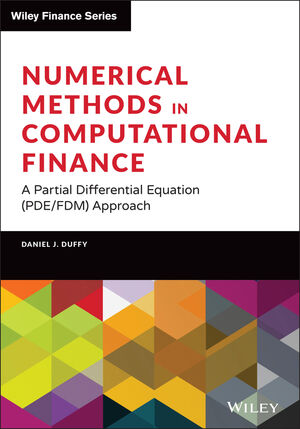Can I become a buy side quant researcher with the following background: final year PhD skilled in finite element methods, C++/CUDA/Python and algorithm development?
These skills are used for pricing models [thread 1, thread 2], but my impression is that pricing is a decaying field.
Instead, this post says:
"... the vast majority of buy side quants even at options trading firms will not work on the options pricer itself but focus more on market making algorithms, signal analysis, predictions ...".
These skills are used for pricing models [thread 1, thread 2], but my impression is that pricing is a decaying field.
Instead, this post says:
"... the vast majority of buy side quants even at options trading firms will not work on the options pricer itself but focus more on market making algorithms, signal analysis, predictions ...".
- Would a buy side firm be willing to take me on and let me learn on the job?
- If I do a data science project, would this be evidence of sufficient statistics knowledge?
- Can I join a buy side firm as a quant developer, learn statistics in my own time and then move to quant research?
Last edited:
